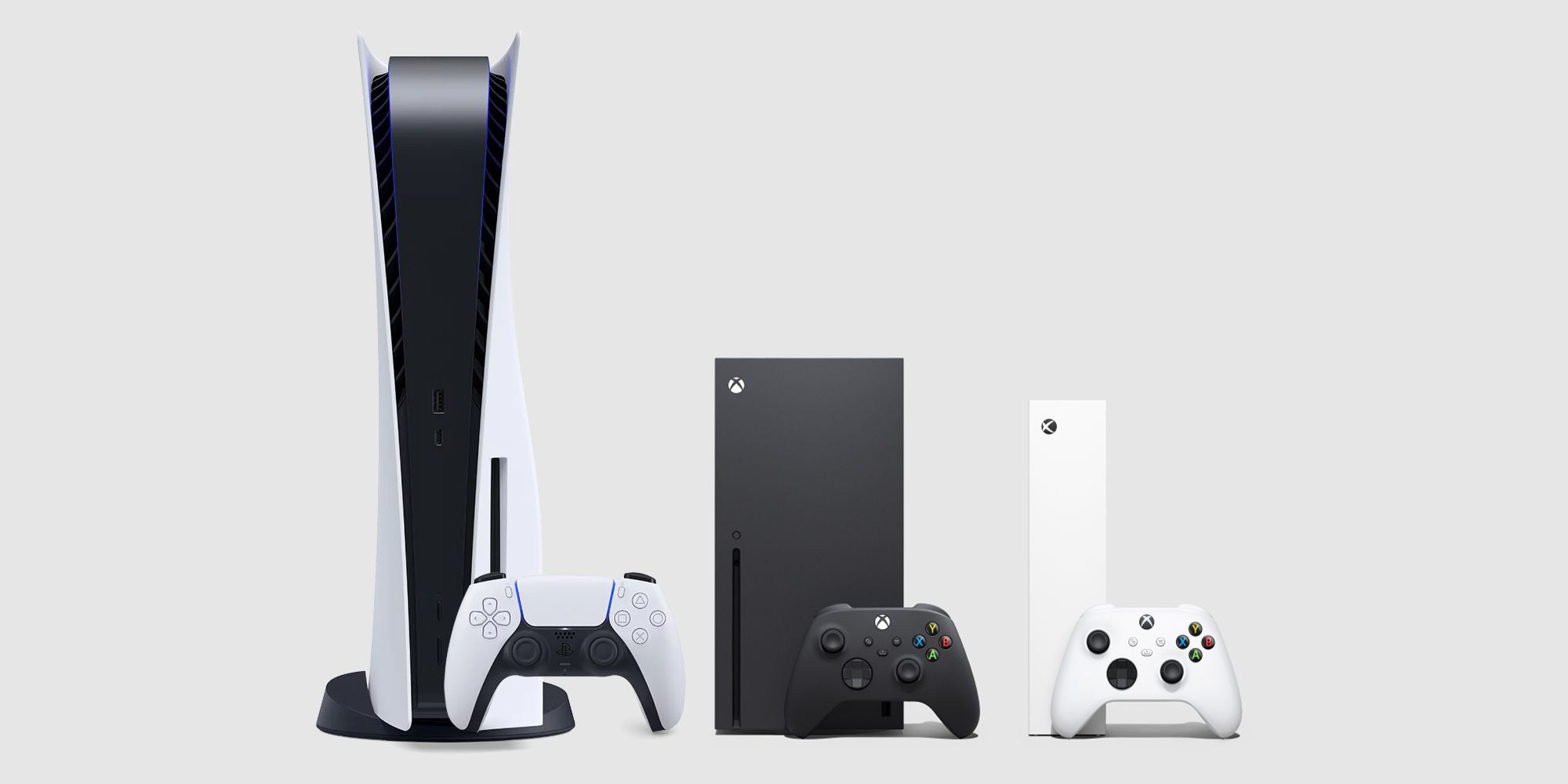
Microsoft acknowledged that it has lost the console wars against Sony and Nintendo, indicating that the two companies are poised to maintain their dominance in the gaming market for the foreseeable future. These remarks were made as part of Microsoft's legal defense in a trial with regulators in the United States. The trial stems from the Federal Trade Commission's lawsuit against Microsoft's proposed acquisition of Activision Blizzard, a deal valued at $69 billion. If successful, this acquisition would be the largest in the history of the gaming industry, surpassing Take-Two's purchase of Zynga by a significant margin. Despite concerns raised by Sony and regulators about the consolidation of power, Microsoft has consistently argued that the acquisition would simply level the playing field.
The company's lawyers are now arguing that Xbox, in order to compete with Sony and Nintendo, must adopt an aggressive acquisition strategy, as it has lost the console wars. According to a filing submitted for Microsoft's FTC trial, Xbox currently holds only 16% of console sales and slightly over a fifth of the global console install base as of 2021. The filing also states that Xbox has consistently been the least successful console manufacturer in terms of sales for the past 22 years.
Even in its home market, Xbox is facing challenges, with Microsoft's lawyers claiming that Sony's US gamer base is currently larger than Xbox's. The exact difference in magnitude has been redacted from the court documentation, but the main point remains clear: Microsoft asserts that acquisitions like the Activision Blizzard deal are the only way for Xbox to compete with its Japanese rivals.
The outcome of the ongoing trial with the FTC is uncertain, and it is unclear whether this negative legal argument will contribute to the conglomerate's victory. Furthermore, even if the outcome is not in their favor, the agency does not have the power to completely block the Activision Blizzard buyout. Currently, the UK's rejection of the proposed acquisition, which Microsoft is appealing, poses a more realistic threat to the deal.












